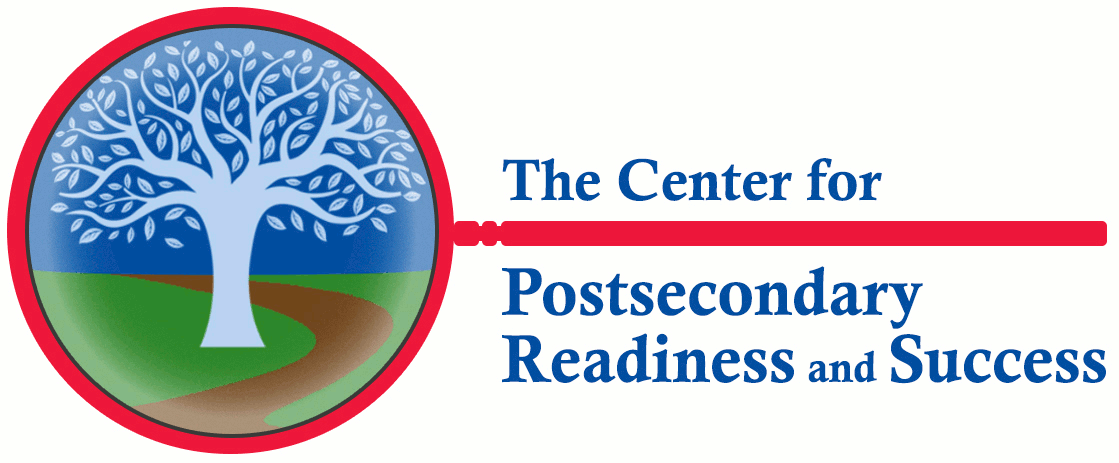ScholarWorks > WMU > JCA > Vol. 8 (2023) > Iss. 1
Abstract
Using data from a large-scale senior exit survey administered at public high schools in New York City, this study aims to parse out what quantitative and qualitative characteristics of postsecondary advising are most influential in predicting students’ likelihood to attend college. We apply a broader conceptual framework for postsecondary advisement that includes school-based college advising as well as parental advisement on college and career planning. Results from logistic regression analyses show receiving help in completing college applications, along with talking to a counselor and parents/guardians at least 3 times in their senior year, to be salient predictors of college-going.
Recommended Citation
Pai, Grace and De Feo, Melissa
(2023)
"Characteristics of Effective Postsecondary Advising: How Often to Meet and What to Focus On,"
Journal of College Access: Vol. 8:
Iss.
1, Article 4.
Available at:
https://scholarworks.wmich.edu/jca/vol8/iss1/4
Included in
Counseling Commons, Education Policy Commons, Higher Education Commons, Student Counseling and Personnel Services Commons


